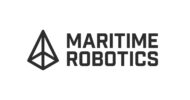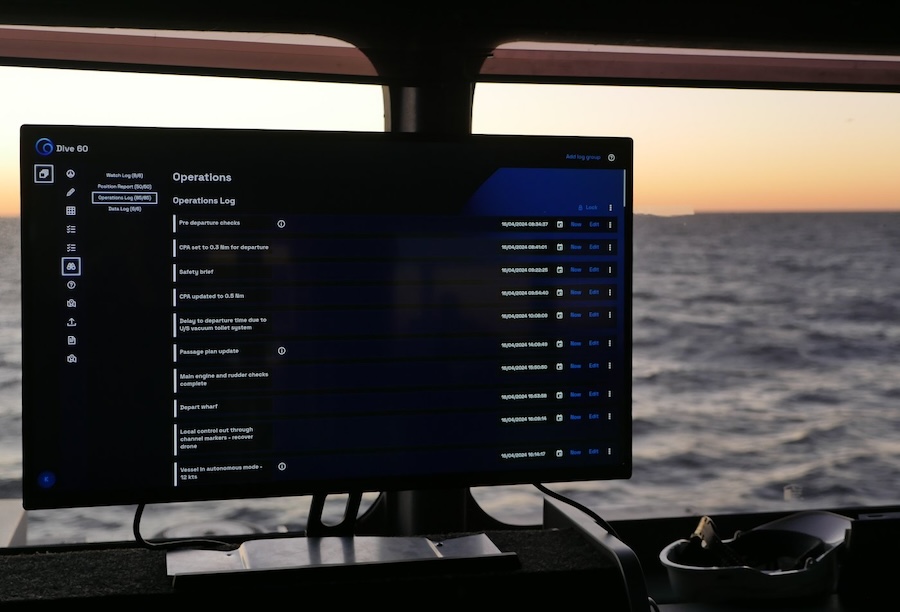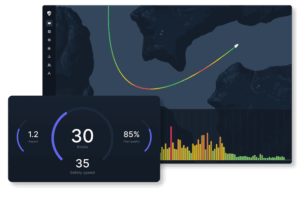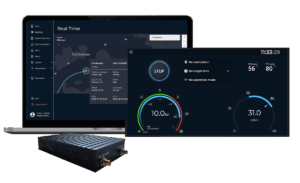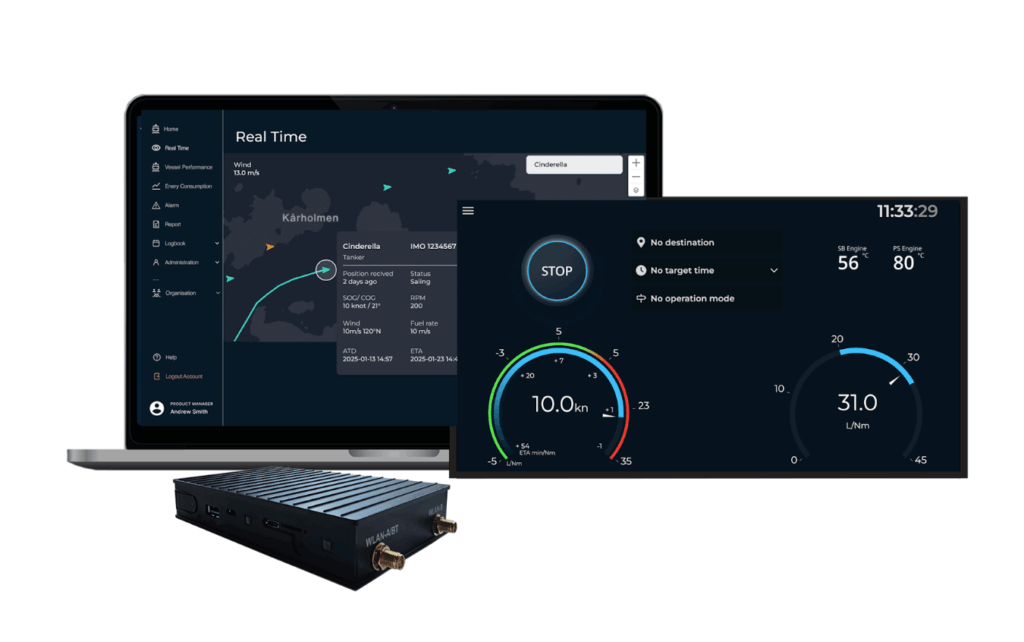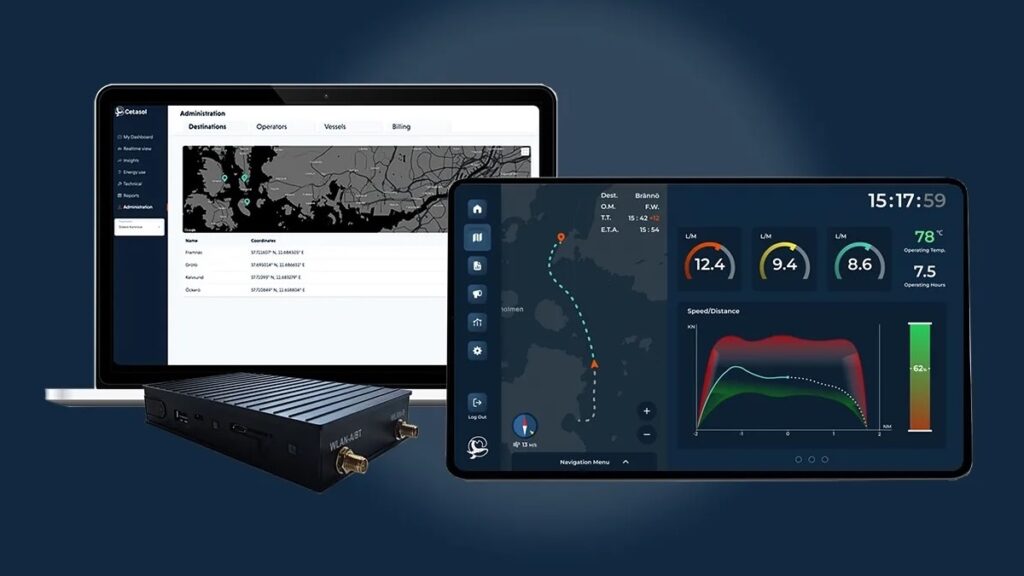Suppliers
Add your company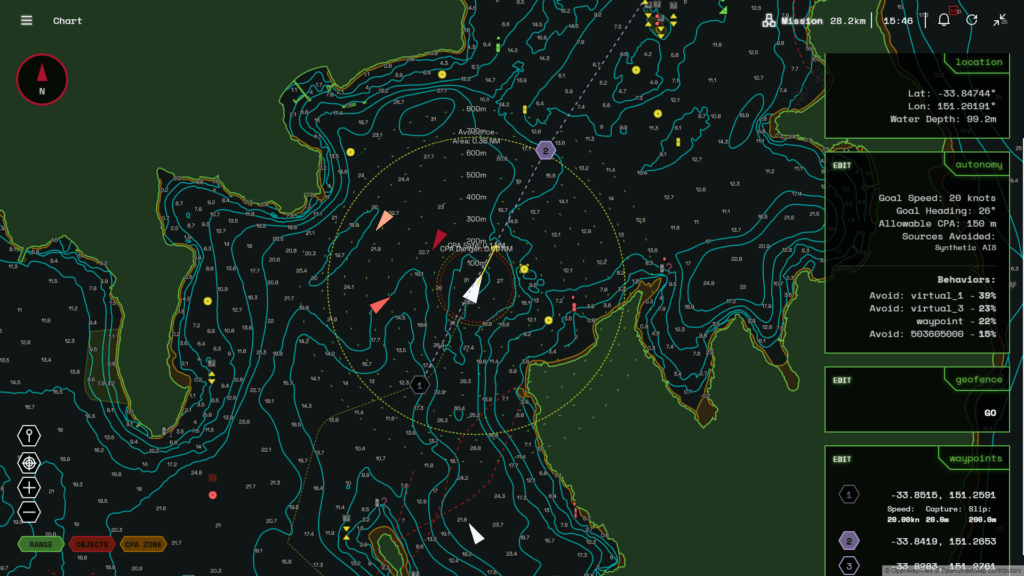
Cutting-Edge Software & AI Solutions for Enabling Maritime Autonomy At Scale
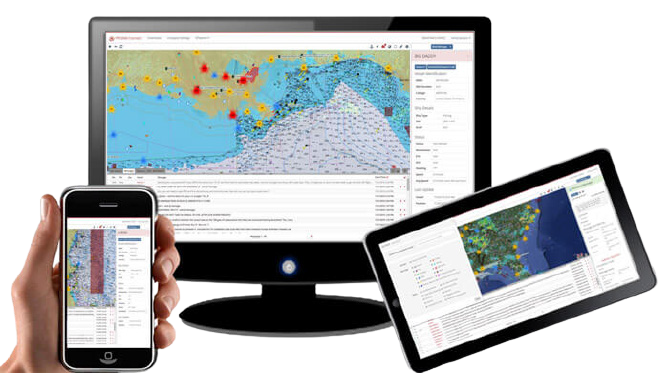
Empowering Data Connectivity, Everywhere: Innovative Satellite Communications & Telemetry Technologies
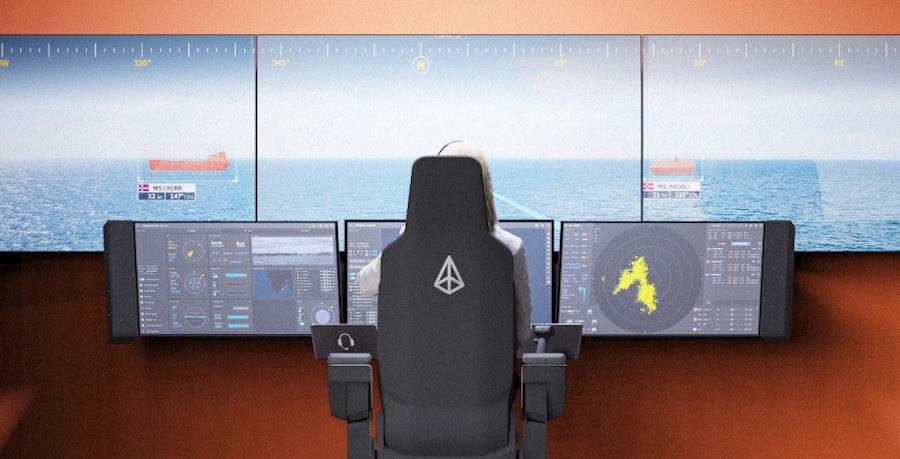
Innovative Autonomy & Uncrewed Vessel Technologies for Maritime Operations

Intelligent AI-Powered Decision Support for Fuel Savings & Vessel Performance Tracking for Sustainable Maritime Operations
If you design, build or supply Vessel Efficiency Management, create a profile to showcase your capabilities on this page
Products
Fleet and Vessel Efficiency Management Systems and Optimization Technologies
Vessel efficiency management systems optimize propulsion, energy use, and onboard systems across all vessel types, from commercial fleets to research ships and naval platforms. Efficiency initiatives reduce fuel consumption, lower emissions, and enhance compliance with international frameworks such as the International Maritime Organization (IMO), MARPOL Annex VI, the Energy Efficiency Design Index (EEDI), and the Ship Energy Efficiency Management Plan (SEEMP).
These standards drive the deployment of vessel performance monitoring systems, energy-management software, and fleet-optimization platforms that give operators full visibility over emissions, voyage planning, and fuel-efficiency performance.
Core Components of Vessel Efficiency Technologies
Modern efficiency management systems integrate sensors, automation, and analytics for real-time optimization. Core components include:
- RPM monitoring and engine performance tracking to optimize engine load and minimize fuel burn.
- Fuel-flow meters and consumption analysis tools for benchmarking and identifying inefficiencies.
- GNSS-based route optimization and voyage planning systems that shorten distances and reduce emissions.
- NMEA 0183 and NMEA 2000 connectivity for standardized data exchange between onboard instruments.
- Digital twins and simulation models for predicting performance under different operational conditions.
- AI-driven fuel-optimization software and decision-support systems that continuously fine-tune propulsion and auxiliary systems.
These vessel performance optimization tools allow operators to collect and visualize data from propulsion, navigation, and environmental sensors, enabling precision decision-making at sea and ashore.
Connected Vessels and Intelligent Decision Support
The transition toward the connected vessel is transforming fleet management. Intelligent decision-support platforms consolidate live data from propulsion systems, hull resistance, and weather routing to provide actionable insights.
By integrating vessel-performance analytics, fuel-optimization algorithms, and real-time telemetry, these systems help fleets minimize energy waste and ensure continuous vessel-efficiency monitoring. Cloud-based platforms synchronize onboard and shoreside data, giving operators full control over emissions targets, regulatory compliance, and maintenance scheduling.
Digital twins replicate vessel behavior in various sea states, enabling predictive scenario analysis and proactive adjustments. The result is improved operational efficiency, safety, and sustainability across global fleets.
Predictive Maintenance and Performance Optimization
Predictive maintenance systems use AI and machine learning to detect early signs of component wear through vibration, temperature, and RPM data. These insights allow crews to perform maintenance only when required, reducing downtime, extending component life, and maintaining optimal vessel efficiency.
Combining predictive analytics with historical data transforms maintenance strategies from reactive to proactive, aligning with SEEMP and EEDI requirements for continuous improvement in energy performance.
Regulatory Compliance and Sustainable Operations
Compliance with IMO and MARPOL frameworks is a key driver of vessel-efficiency technology adoption. Digital reporting platforms now automate energy-efficiency data collection, carbon-intensity monitoring, and EEDI verification.
Ship Energy Efficiency Management Plans (SEEMP) guide operators in measuring and improving energy use across voyages, while EEDI-compliant propulsion systems demonstrate reduced CO₂ emissions per ton-mile. Many operators also integrate Carbon Intensity Indicator (CII) tracking into their fleet-management dashboards to support transparent sustainability reporting.
Applications Across Vessel Types and Missions
Efficiency-management systems are now deployed across a wide spectrum of maritime assets:
- Commercial shipping fleets: Container ships and tankers use integrated platforms to reduce fuel consumption and carbon intensity.
- Naval and defense vessels: Energy-optimization systems enhance endurance and reduce acoustic signatures.
- Research and survey vessels: Precision control of propulsion and energy use supports environmental and oceanographic missions.
- Workboats, tugs, and offshore support vessels: Compact, lightweight efficiency solutions improve maneuverability and reduce port-operation costs.
Each sector applies vessel-optimization technologies to balance performance, reliability, and environmental responsibility.
Integration with Onboard and Shoreside Systems
Next-generation vessel-efficiency management systems are designed for interoperability. Through NMEA-compliant interfaces, GNSS integration, and satellite connectivity, data flows seamlessly between shipboard sensors and fleet-management hubs ashore.
Operators gain the ability to benchmark vessels across regions and operating conditions, uncovering trends that inform both operational and capital-investment decisions. This integration ensures vessel-energy management systems and fleet-optimization software work cohesively to support smarter, data-led maritime operations.
The Future of Vessel Efficiency Technologies
The future of vessel efficiency is intelligent and autonomous. Advances in AI-based vessel optimization, digital-twin simulation, and machine-learning analytics pave the way for self-optimizing ships capable of adjusting propulsion, routing, and auxiliary systems in real time.
Emerging solutions will link efficiency data with carbon-accounting frameworks, emissions-trading systems, and sustainability-reporting tools, enabling operators to meet evolving ESG and decarbonization targets.
Conclusion
Vessel-efficiency management systems are now essential for operational excellence, environmental compliance, and competitive advantage. By integrating real-time performance monitoring, AI-driven decision support, and predictive maintenance, ship operators can minimize fuel use, reduce CO₂ emissions, and achieve consistent regulatory compliance.






